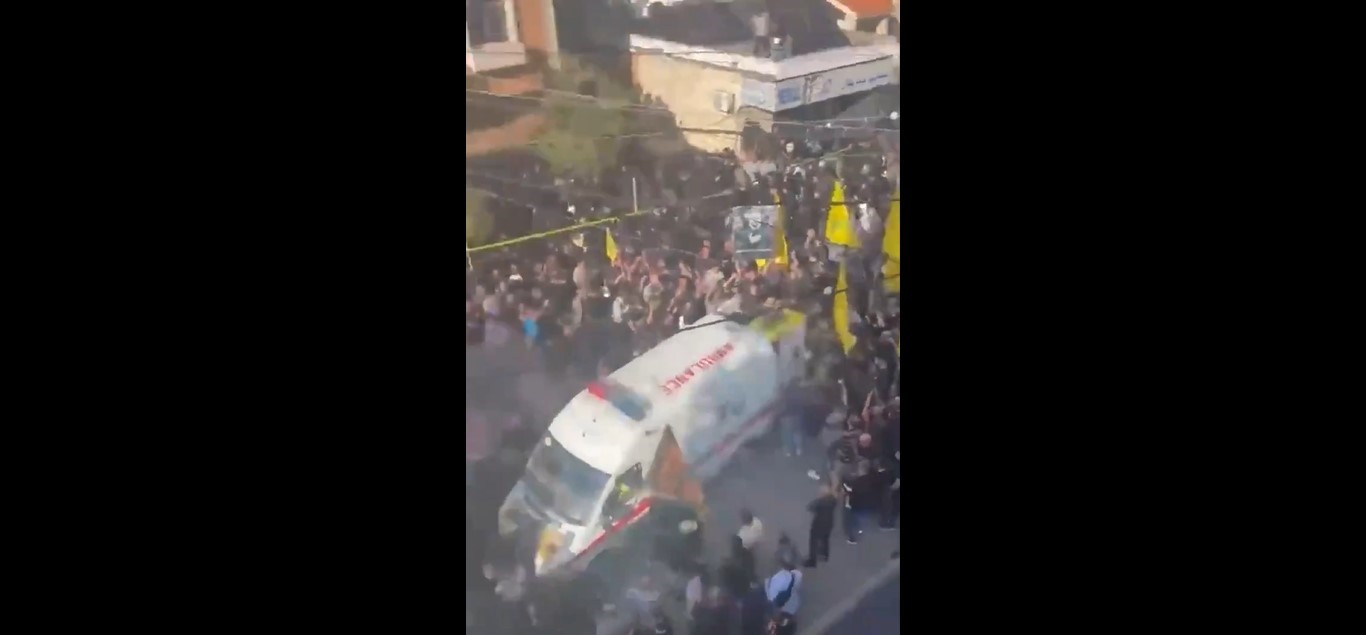
AUSTIN PETERSEN: Kamala Harris’ capital gains tax proposal is coming for you, not only the billionaires
Vice President Kamala Harris has thrown her support behind a Biden administration plan to tax unrealized gains—stock holdings that have increased in value but have not yet been sold. They claim that they only plan to target the wealthiest Americans. If history is any indication however, the tax will eventually be aimed at the middle class. And if recent history is any indication, Harris could turn on this policy on a dime if she thinks it won’t help her get elected.
Last week, Harris’ team sent flunkie Bharat Rama on CNBC to make the case for the tax, and got laughed at by host Joe Kernen for his lame-brained comparison of unrealized capital gains taxes to property taxes. The hosts took turns taking Rama to the woodshed, explaining the difference between a use tax, where someone actually gets to make use of their property, vs. an unrealized gains tax where no value has been created for the taxpayer yet. And to add insult to injury, the CNBC hosts finished him off by reminding him that property taxes actually go to things like schools and firefighters. You know, things people actually use? Added to Rama’s humiliation during the live segment was the terse reminder from the panelists that stock values can shift much faster than home values.
Under our current system, capital gains are only taxed when an asset is sold. This makes sense—taxes are paid on realized income, not on hypothetical, fluctuating values. But Harris and her progressive allies want to change this, imposing a levy on assets as their value increases, even if they are never cashed in. But imagine investors who bought $100,000 worth of stock on Jan. 1. And say the stock’s value hit $125,000 on Dec. 31. They’d be subject to a tax on the $25,000 gain even if the stock was never sold. Harris’ team is claiming that this would affect a narrow slice of the population for now, specifically those with a net worth of at least $100 million.
Of course anyone who wasn’t a D student in history will note that once the government establishes a new form of taxation, it rarely stays confined to its original target.
When the 16th Amendment was ratified in 1913, income tax rates were low, and only a tiny fraction of Americans were affected. Initially, the tax rate was just 1% on incomes above $3,000 (about $82,000 in today’s dollars), with a top rate of 7% on incomes over $500,000 (about $13.7 million today). The tax was only supposed to hit the wealthy, but it quickly expanded to cover more and more Americans. By the 1940s, millions of middle-class families were subject to income taxes at much higher rates. What started as a tax on the rich became a burden on everyone. The middle class is still suffering from the income tax today.
The Harris-backed proposal is just the latest example of this trend. Proponents argue that taxing unrealized gains would close a “loophole” that allows the wealthy to avoid paying their fair share. But this rhetoric is misleading. The so-called “buy, borrow, die” strategy—where wealthy individuals borrow against their assets without selling them—has been legal and widely used for decades. Changing the rules now would not only be unfair but also economically destabilizing.
Imagine being taxed on the value of your home as it fluctuates with the housing market, regardless of whether you sell it. If the market tanks, you’re stuck paying taxes on a value that no longer exists. This is precisely what could happen with Harris’ proposal. While the administration claims the tax would be assessed over five years to account for market volatility, this doesn’t eliminate the risk. It’s a risky gamble that could hurt more Americans than it helps.
Conservatives rightly argue that this proposal undermines the fundamental principles of property rights and financial privacy. The idea that the government could tax you on value you haven’t realized is not only absurd but also dangerous. It opens the door to even more invasive forms of taxation in the future.
Moreover, the Supreme Court’s recent decision in Moore v. United States raises new legal questions about the government’s power to tax in this way. While the ruling did not explicitly block a wealth tax, it suggested that future challenges could succeed. Harris’ plan would likely face significant legal and legislative hurdles, but the mere fact that it’s being seriously considered should alarm every American who values their financial freedom.
The Biden administration has framed this proposal as a “billionaire minimum income tax,” but let’s not be fooled. What starts with billionaires often ends with the rest of us. The administration’s own Treasury Department admits that “preferential treatment for unrealized gains disproportionately benefits high-wealth taxpayers.” History proves that once this door is opened, it won’t just be the wealthy who are affected.
We should reject this proposal for what it is: a dangerous overreach that could set a precedent for taxing everything from your retirement savings to the value of your home. If we don’t draw the line here, where will it end? Today, it’s the billionaires; tomorrow, it’s you.
This Story originally came from humanevents.com
Stay Updated with news.freeptomaineradio.com’s Daily Newsletter
Stay informed! Subscribe to our daily newsletter to receive updates on our latest blog posts directly in your inbox. Don’t let important information get buried by big tech.
Current subscribers:



